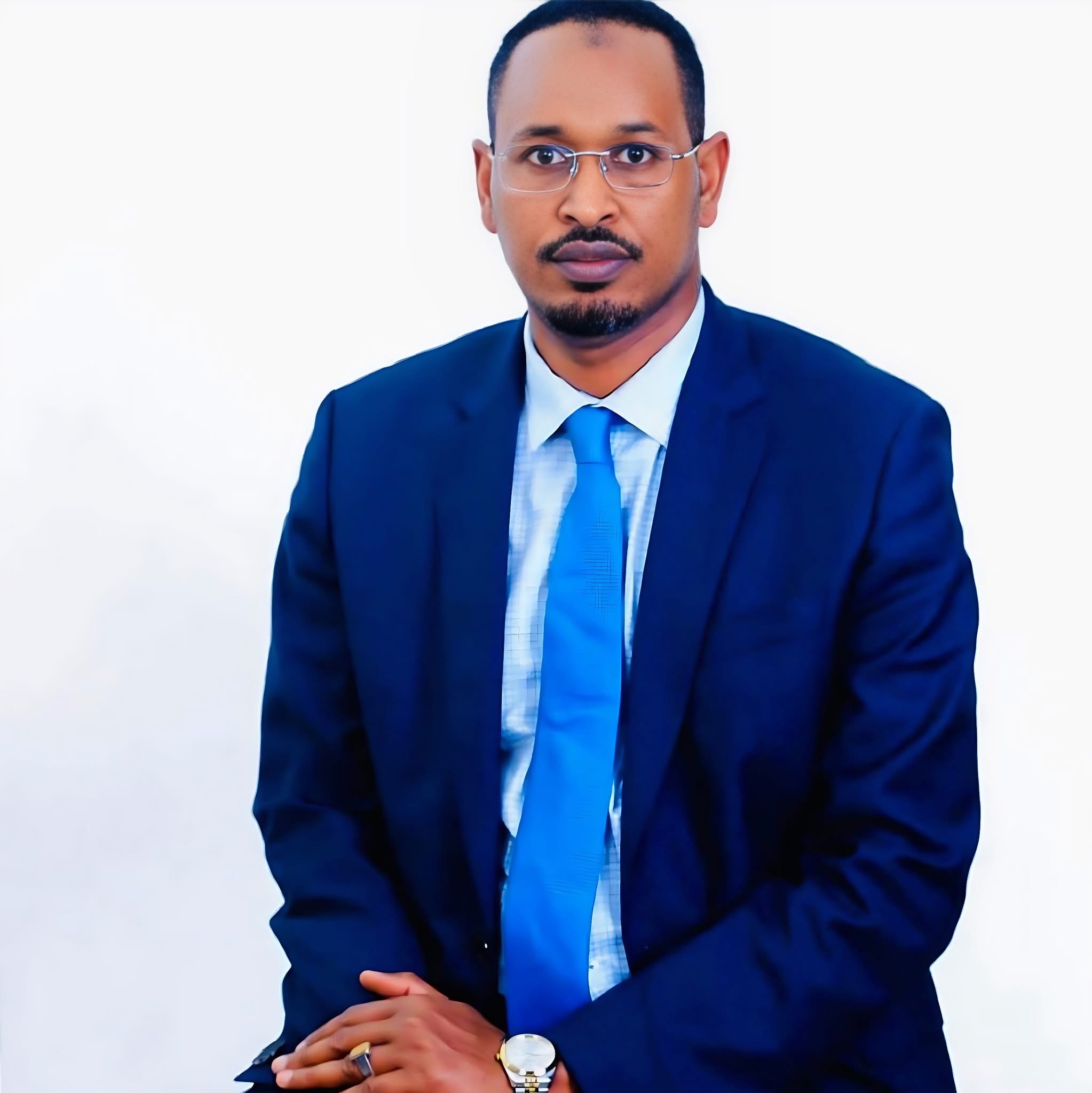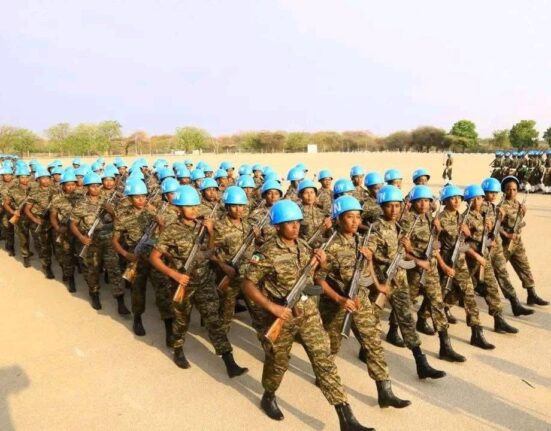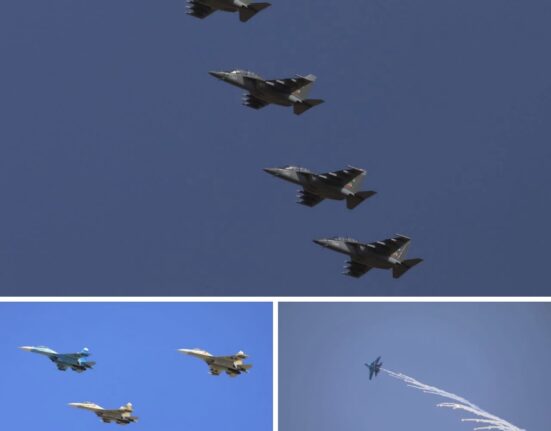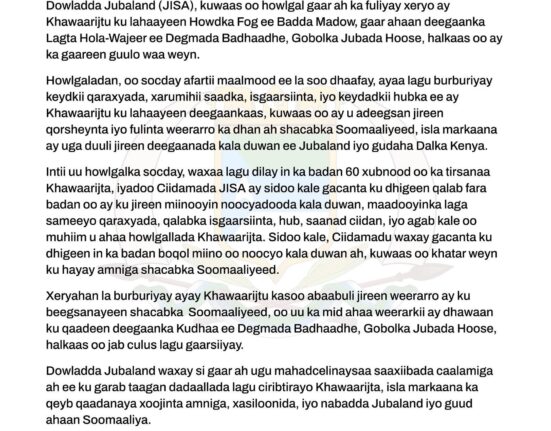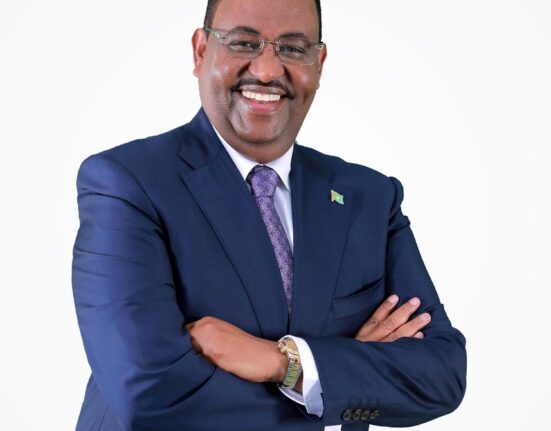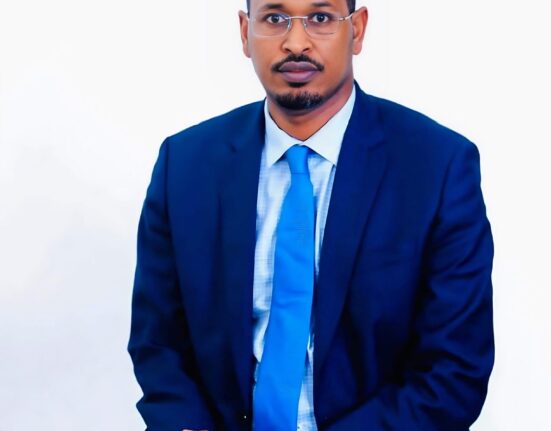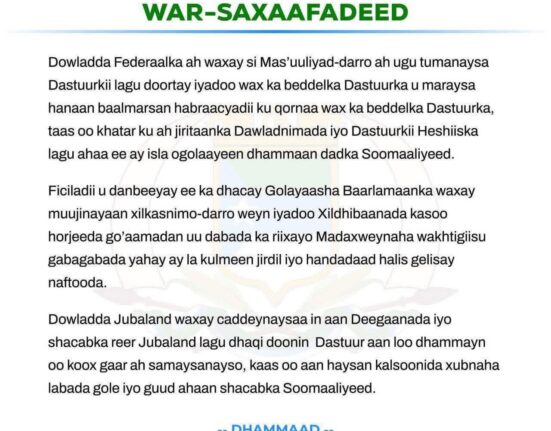By Abdirezak Sahane
When Leaders Choose Division:
Leadership is not merely about ruling, it is about guiding people, solving problems, and protecting the dignity of all. But too often, leaders fall into the dangerous trap of preaching hatred, revenge, and division.
This strategy may provide short-term control, but it leaves behind long-term wounds that outlast the leaders themselves. The truth is simple: leaders eventually leave, but communities remain to live with the damage they create.
History’s Painful Warnings:
History offers us sobering reminders of what happens when leaders weaponize division.
In Rwanda, extremist leaders in the early 1990s deliberately fueled hatred between Hutu and Tutsi. Their propaganda culminated in the 1994 genocide, one of the most horrific tragedies of the modern era, in which nearly one million people were slaughtered in just 100 days (Des Forges, 1999). The genocide was not spontaneous, it was the direct outcome of political elites choosing division as a weapon.
In the former Yugoslavia, nationalist leaders exploited fear and ethnic identity to mobilize populations in the 1990s. Friends and neighbors were turned into enemies. The result was years of wars and ethnic cleansing that tore apart entire communities. Even after peace agreements, mistrust remains deeply embedded in the Balkans (Glenny, 1996).
Even empires collapsed under similar dynamics. The Ottoman Empire, once a mosaic of peoples and faiths, disintegrated in part because leaders failed to build inclusive governance. Nationalist manipulation fueled massacres, expulsions, and instability whose echoes remain today (Mamdani, 2001).
The lesson across these tragedies is clear: divisive leadership can destroy societies for generations.
The Somali Region’s Past Mistakes:
Our own Somali Region has not escaped these painful lessons. For decades, the region has been trapped in cycles of conflict, between government and rebels, between clans, and between competing visions of power.
As someone who worked under the previous administration,
I must be honest. The region was in a period of widespread conflict, and many mistakes were made. Decisions taken in that environment harmed not only government opponents or rebels but also ordinary people who had no role in the fighting.
Under the previous administration, there was no deliberate policy of targeting specific clans; rather, the entire community suffered in parallel. The government was engaged in war with rebels, And when the rebels confronted them both, mass killings occurred, for which the broader responsibility must fall upon the government.
Because the consequences spilled over to the wider community. Innocent families were displaced, many killed wrongly, arrested and the trust was broken, and deep scars were left behind.
I want to make it clear: what happened would never have my acceptance. Even though I was not in a leadership position during much of the time when conflicts and tragedies occurred in the rural areas, I believe it is my duty to acknowledge the mistakes I witnessed. Within my capacity, I tried to stop or reduce the harm, positioning myself among those who sought to protect rather than participate in the wrongdoing.
Nevertheless, it is essential to openly admit that mistakes were made so that we, as a people, can learn from them and ensure they are never repeated. I have also openly called for accountability for all suspected perpetrators without differentiation—not only for past crimes but also for current ones.
This reflection is not meant to assign blame to individuals alone but to remind us that the consequences of divisive leadership affect entire communities. By acknowledging our past, demanding justice, and rejecting the misuse of power, we can work together to build a Somali Region grounded in unity, peace, and shared responsibility.
The Even Greater Danger of Today:
While the past brought painful mistakes, the current administration poses an even more dangerous threat to the survival of the Somali Region.Instead of building unity and reconciliation, today’s leadership has chosen to rely on clannish politics. By provoking divisions and fueling clan-based rivalries, they seek to consolidate their own power. But this is not governance, it is destruction disguised as politics.
I am not calling for violence against the government. My appeal is for people to remain responsible for their own stability, to respect one another, to uphold the rule of law, and to firmly reject the misguided notions of leaders who abandon their responsibilities.
What deeply concerns me is a dangerous new development, for the first time in our history, clans are confronting one another, one taking the role of defending the government, while another voices its complaints. This is a perilous step. If a community raises grievances about leadership or government administration, the response must come from government officials themselves, not from another clan.
A government exists as a neutral and shared institution for all. When it hides behind clan loyalties or pits communities against one another, it ceases to function as a government and instead becomes a source of division. If this path continues unchecked, it will accelerate the erosion of unity and stability in the Somali Region.
If we continue down this road, the Somali Region risks losing its very existence as a united political and social entity. Leaders who govern through division rarely think about the future, they prepare safe exits abroad for themselves and their families, while ordinary people are left to live with broken communities and mistrust.
This is why we must open our eyes. If we blindly follow this divisive rhetoric and policies today, the Somali Region may not survive tomorrow.
The region has unfortunately fallen into the hands of reckless businessmen who disguise themselves as leaders. Their entire careers are built on clannish politics and narrow personal interests. Instead of cultivating a genuine political vision rooted in justice, development, and unity, they have shamelessly copied the worst practices of tribal politics from Somalia, politics that thrive on division, suspicion, and short-term gains rather than long-term progress.
These individuals present themselves as champions of development, but in reality, they wear only the green glasses of illusion. They speak loudly of prosperity and promise mega projects, but their pledges remain unfounded, empty, and disconnected from the realities of the people. The communities under their leadership see very little tangible improvement, no significant transformation in education, healthcare, infrastructure, or employment. What exists instead are glossy words, staged public events, and false portrayals meant to hide a very weak foundation.
More dangerously, these leaders remain trapped in the past. They continue to live in outdated narratives of historical grievances and clan supremacy, unable or unwilling to imagine a new history of shared progress and coexistence. Rather than guiding their people toward unity and resilience, they exploit clan loyalties for personal power, sowing mistrust among neighbors and weakening the social fabric of the region.
What the people desperately need is not another recycled promise or another divisive slogan. They need practical and tangible results, better livelihoods, opportunities for the youth, fair governance, and a leadership that respects diversity rather than weaponizing it. The failure to provide these things risks leaving the region permanently stuck in cycles of mistrust and underdevelopment.
True leadership requires courage, the courage to break away from clan-based politics, the courage to speak honestly about past mistakes, and the courage to create new history that future generations will celebrate rather than regret. If we continue to follow those who wear only the mask of development while practicing the politics of tribalism, then the future of the region will be sacrificed for the ambitions of a few reckless individuals.
Why Communities Must Resist:
The truth is that leaders come and go, but we, the people, remain. We will continue to share land, resources, and destiny long after the current or previous administrations are gone.
It is irrational and self-destructive to sacrifice our unity for the temporary ambitions of opportunistic leaders. Once trust is broken, it is not easily repaired. Once communities are divided, they risk being weakened beyond recovery.
The people of the Somali Region must ask themselves: do we want to remain hostage to leaders who use us for power, or do we want to protect our future by standing together?
We must guard against every sign of clan conflict and distance ourselves from engaging in such disputes. We must understand that viewing leadership positions through clan affiliation is more dangerous than the current problems within the administration. Therefore, we must commit to rejecting clan-based politics and instead focus on ideas, principles, and the political process.
A Call for Unity and Survival:
The Somali Region cannot afford more cycles of revenge, propaganda, and clannish politics. The only way forward is through reconciliation, inclusivity, and shared responsibility. This requires honesty about our past. The previous administration made painful mistakes. The current administration is fueling even greater dangers. But the lesson from both is the same: leadership that divides leaves behind destruction, while communities that choose unity survive.
The survival of the Somali Region depends not on opportunistic leaders, but on the people themselves, on our ability to reject division, preserve peace and stability, and embrace togetherness. If we fail to act now, we risk repeating the same destructive cycle. We must take concrete steps: writing thoughtful reflections that clarify the importance of unity, exposing the dangers of division, identifying the region’s weaknesses, including those of past administrations—while stressing the need for better leadership rather than worsening patterns of the past. We must prepare the ground for future administrations not to repeat similar mistakes.
Equally important is reviving the spirit of togetherness, love, and respect within communities, rather than tolerating divisive rhetoric and localism pushed by certain leaders through clan politics. When we oppose the current administration, we must be careful not to fall into the same sentiments we are criticizing. We must keep sight of the bigger picture, and ensure that all our actions are inclusive, democratic, and rooted in non-violent constitutional principles. We must also distance ourselves from arguments and practices that invite insecurity and instability in our region and in Ethiopia as a whole. If we fail to do this, then yes, Mustafe and his administration will eventually go, but we may wake up to find that the Somali Region we call home no longer exists in the form we once knew.
But if we stand united, no leader’s divisive rhetoric can destroy us.
To Sum Up My piece :
The trap of divisive leadership is not unique to Rwanda, Yugoslavia, or collapsing empires. It is alive in the Somali Region today, but we still have the power to stop it.
Every leader eventually steps down, but we, the people, remain. Our children will inherit the choices we make today. If we want a Somali Region that survives, prospers, and stands strong, we must reject clannish politics and embrace unity as our guiding principle.
The survival of the Somali Region depends on the choices of its people, not the ambitions of opportunistic leaders. History, both global and local, shows that division, revenge, and clannish politics bring only destruction. While the past under the previous administration caused harm, the current administration’s provocation of clan-based rivalries threatens even greater damage.
It is important to recognize that the federally leading party, the Prosperity Party, has done many encouraging things for our people. The problem is not the party system itself; the issue lies with a few individuals at the regional level who have misused their power for revenge, corruption, and personal gain and it’s up to the Party responsibility to fix such problems and I leave this for the party leadership.
We must remain vigilant, reject divisive rhetoric, and uphold the principles of unity, law, and shared responsibility. By doing so, we ensure that the Somali Region endures—not as a battlefield for opportunistic leaders, but as a stable, resilient, and united home for generations to come.
NB: I wrote this article to call Unity and to clarify that there is no doubt about the past mistakes, and nobody is defending what happened before as if it were right or honorable history. Some people believe the circumstances forced the government into such mistakes, because the region was inside conflict , while others believe we must openly admit them and make an apology. I have observed many individuals, including government officials, expressing that there has been no recognition by members of the previous government regarding this past history. Which is absolutely false and misinformation. The people of the Somali Region need development, improved livelihoods, transformation, unity, and justice. They do not need to hear seven years of victimhood discourse. Today, they understand that what is being done is not the pursuit of justice, but rather a way of living with their pain.
References:
Des Forges, A. (1999). Leave None to Tell the Story: Genocide in Rwanda. Human Rights Watch.
Glenny, M. (1996). The Fall of Yugoslavia: The Third Balkan War. Penguin Books.
Mamdani, M. (2001). When Victims Become Killers: Colonialism, Nativism, and the Genocide in Rwanda. Princeton University Press.
By. Abdirezak Sahane Elmi
Former Government Official and writer of geopolitical issues.


